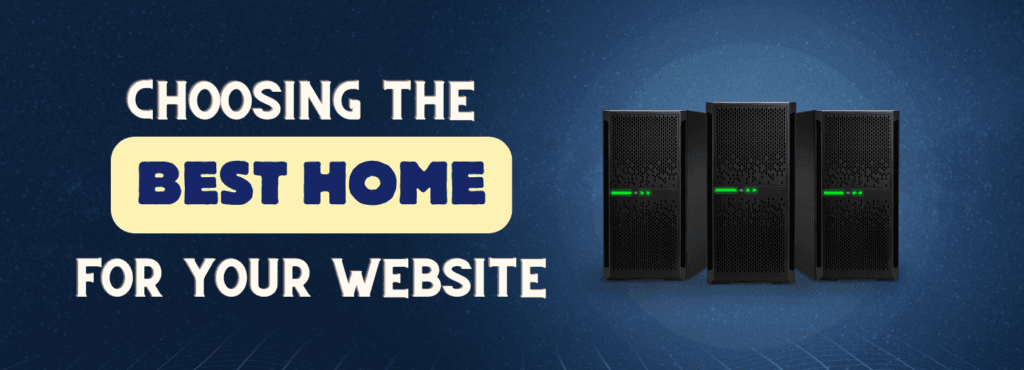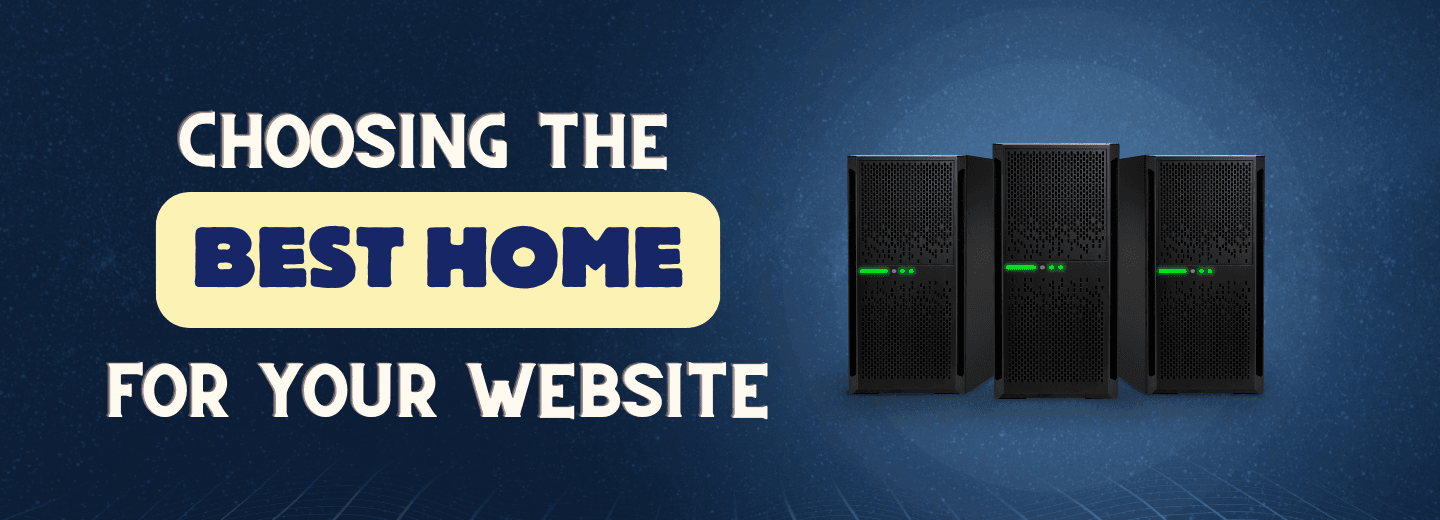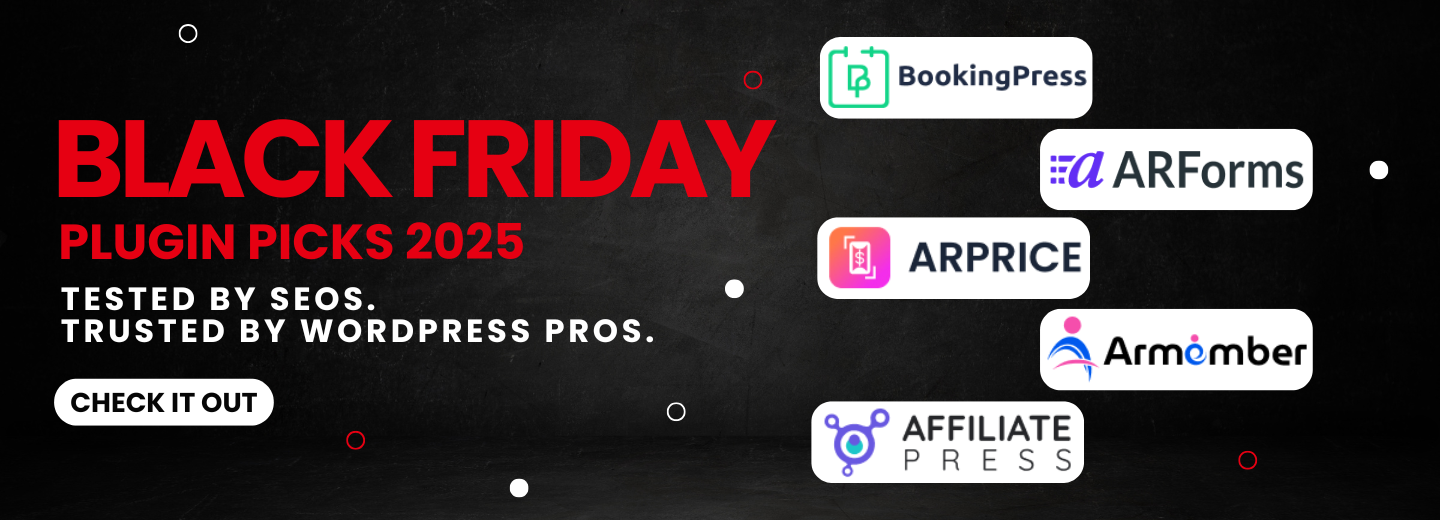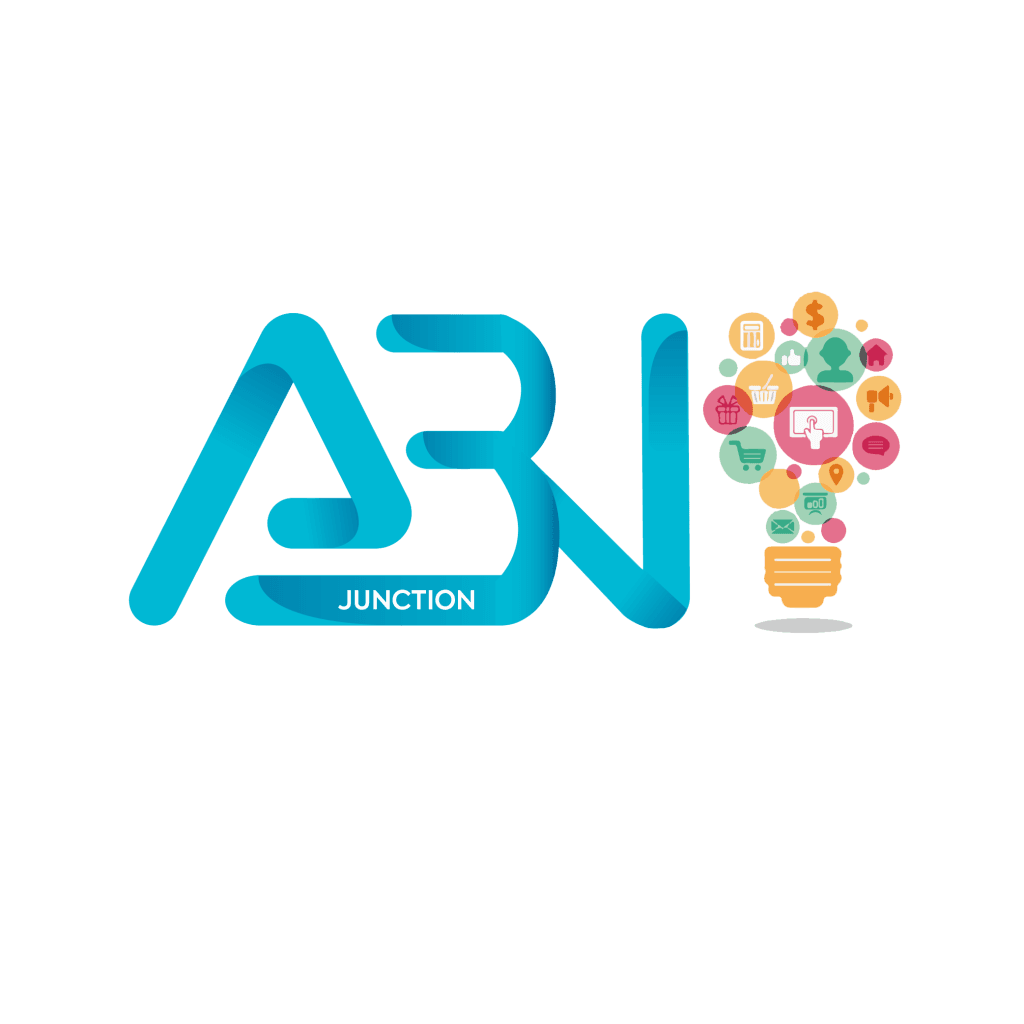When building a website, choosing the right web hosting is crucial for its performance, security, and reliability. Let’s break down the essentials of different hosting options, explained in a simple and relatable way.
Domain & Hosting Basics
Think of your domain as your website’s address on the internet. It’s how people find you online. Choosing a good domain is key to making a memorable first impression and boosting your SEO.
Types of Web Hosting
Shared Hosting:

Like living in an apartment building, shared hosting means you share resources like bandwidth and storage with other websites. It’s cost-effective, but resources are shared among many users, which can slow things down during peak times.
Cloud Hosting:

Imagine renting a villa in a large estate. Cloud hosting offers scalable resources, making it perfect for growing websites. It provides high uptime and flexibility, as resources are distributed across multiple servers.
VPS (Virtual Private Server):

This is akin to owning a townhouse. You get a portion of a server dedicated to you, offering more control and resources than shared hosting. It’s ideal for medium-sized websites needing more stability and performance.
Dedicated Hosting:

Like owning a mansion, dedicated hosting gives you an entire server to yourself. This option provides maximum control, performance, and security, making it ideal for large websites with high traffic.
Reseller Hosting:

Similar to being a landlord, reseller hosting allows you to purchase hosting resources and then sell them to others. It’s a great option for agencies or entrepreneurs wanting to offer web hosting services.
Managed Hosting:

Managed hosting is like having a concierge service. The hosting provider handles all the technical aspects, including maintenance, security, and updates. This option lets you focus on your content or business without worrying about the backend.
Colocation Hosting:

With colocation, you own the server hardware but rent space in a data center, similar to owning a house but leasing land. You benefit from the data center’s infrastructure, power, and security, making it a secure option for your server.
Self-Service Hosting:

This DIY option is like building and maintaining your own home. You manage everything from hardware to software, giving you complete control but also requiring technical know-how.
Conclusion
Choosing the right hosting is like picking the perfect home for your website. Whether you’re just starting out with shared hosting or need the power and control of a dedicated server, understanding your needs is key. Explore our blog for a detailed guide on each hosting type and how to choose the best fit for your website’s needs.















